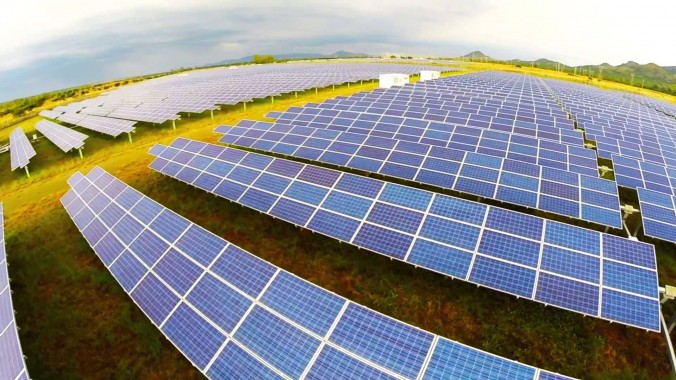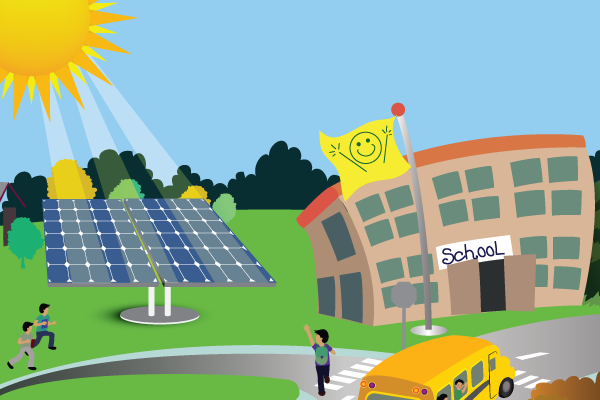Here at the EFC, we are always looking for ways to support the sustainable financing of energy efficiency for communities around the country, including in our home state of North Carolina. In the Old North State, electricity customers are generally served by one of three kinds of utilities: Investor-owned utilities (IOU’s), co-operative utilities (co-ops), and municipal electrical utilities (munis). As part of the EFC’s energy and sustainability financing programs, we are now working on the Rural Community Energy and Economic Capacity Building Program, funded through a grant from the U.S. Department of Agriculture’s Rural Community Development Initiative (RCDI), to research and develop ways to help electricity customers in three small towns in northeastern North Carolina to have greater access to energy efficiency (EE) financing alternatives. Two of these three towns have their own municipal electric utilities.
This brings us to the key questions of this blog post: What are utilities already doing in North Carolina to promote and finance EE for their customers? What other alternatives exist? And why does this matter in the first place?






